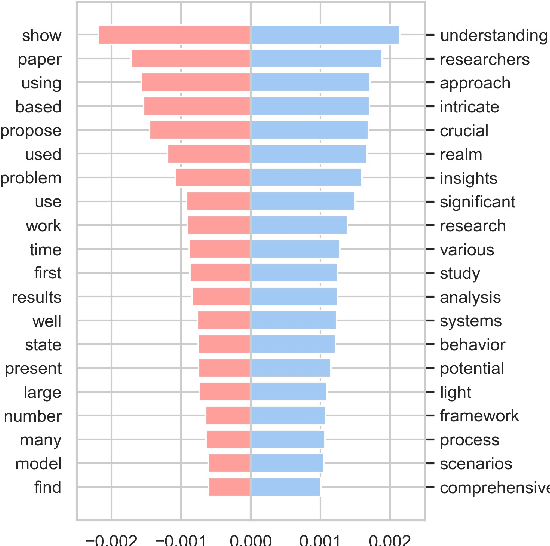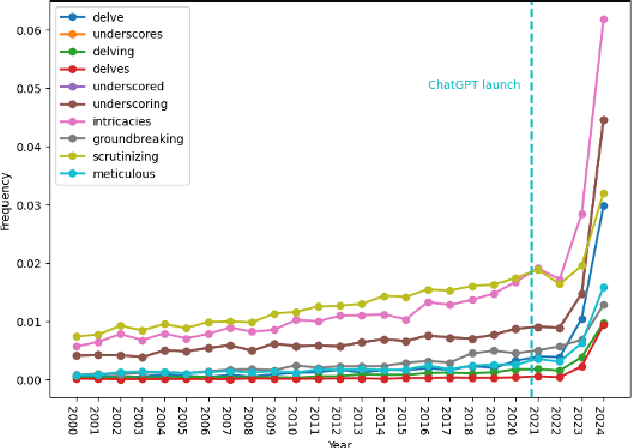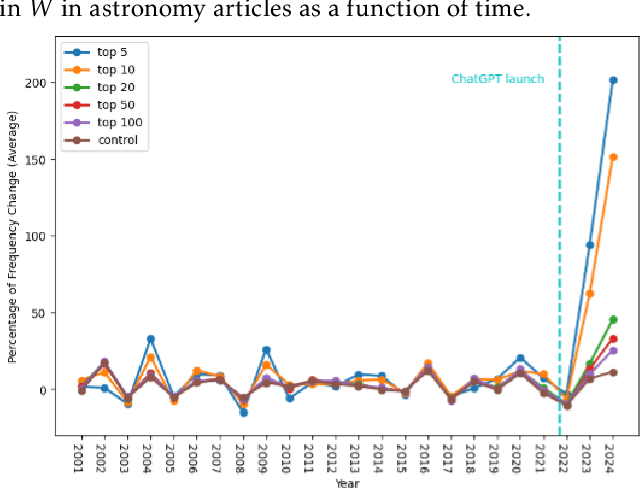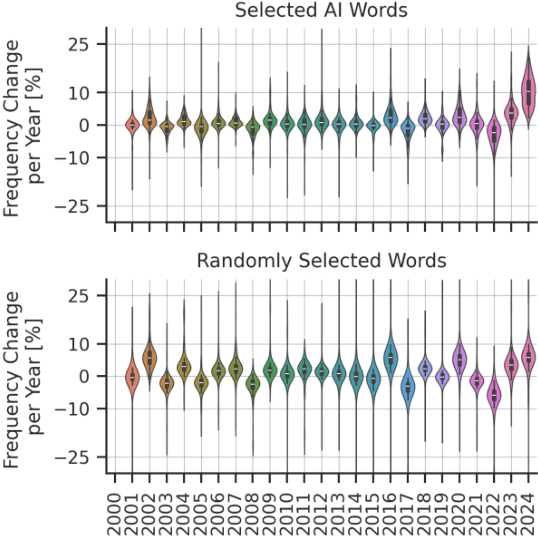Simone Astarita
UniverseTBD
A Survey on Hypothesis Generation for Scientific Discovery in the Era of Large Language Models
Apr 07, 2025Abstract:Hypothesis generation is a fundamental step in scientific discovery, yet it is increasingly challenged by information overload and disciplinary fragmentation. Recent advances in Large Language Models (LLMs) have sparked growing interest in their potential to enhance and automate this process. This paper presents a comprehensive survey of hypothesis generation with LLMs by (i) reviewing existing methods, from simple prompting techniques to more complex frameworks, and proposing a taxonomy that categorizes these approaches; (ii) analyzing techniques for improving hypothesis quality, such as novelty boosting and structured reasoning; (iii) providing an overview of evaluation strategies; and (iv) discussing key challenges and future directions, including multimodal integration and human-AI collaboration. Our survey aims to serve as a reference for researchers exploring LLMs for hypothesis generation.
pathfinder: A Semantic Framework for Literature Review and Knowledge Discovery in Astronomy
Aug 02, 2024



Abstract:The exponential growth of astronomical literature poses significant challenges for researchers navigating and synthesizing general insights or even domain-specific knowledge. We present Pathfinder, a machine learning framework designed to enable literature review and knowledge discovery in astronomy, focusing on semantic searching with natural language instead of syntactic searches with keywords. Utilizing state-of-the-art large language models (LLMs) and a corpus of 350,000 peer-reviewed papers from the Astrophysics Data System (ADS), Pathfinder offers an innovative approach to scientific inquiry and literature exploration. Our framework couples advanced retrieval techniques with LLM-based synthesis to search astronomical literature by semantic context as a complement to currently existing methods that use keywords or citation graphs. It addresses complexities of jargon, named entities, and temporal aspects through time-based and citation-based weighting schemes. We demonstrate the tool's versatility through case studies, showcasing its application in various research scenarios. The system's performance is evaluated using custom benchmarks, including single-paper and multi-paper tasks. Beyond literature review, Pathfinder offers unique capabilities for reformatting answers in ways that are accessible to various audiences (e.g. in a different language or as simplified text), visualizing research landscapes, and tracking the impact of observatories and methodologies. This tool represents a significant advancement in applying AI to astronomical research, aiding researchers at all career stages in navigating modern astronomy literature.
Delving into the Utilisation of ChatGPT in Scientific Publications in Astronomy
Jun 25, 2024



Abstract:Rapid progress in the capabilities of machine learning approaches in natural language processing has culminated in the rise of large language models over the last two years. Recent works have shown unprecedented adoption of these for academic writing, especially in some fields, but their pervasiveness in astronomy has not been studied sufficiently. To remedy this, we extract words that ChatGPT uses more often than humans when generating academic text and search a total of 1 million articles for them. This way, we assess the frequency of word occurrence in published works in astronomy tracked by the NASA Astrophysics Data System since 2000. We then perform a statistical analysis of the occurrences. We identify a list of words favoured by ChatGPT and find a statistically significant increase for these words against a control group in 2024, which matches the trend in other disciplines. These results suggest a widespread adoption of these models in the writing of astronomy papers. We encourage organisations, publishers, and researchers to work together to identify ethical and pragmatic guidelines to maximise the benefits of these systems while maintaining scientific rigour.
Designing an Evaluation Framework for Large Language Models in Astronomy Research
May 30, 2024


Abstract:Large Language Models (LLMs) are shifting how scientific research is done. It is imperative to understand how researchers interact with these models and how scientific sub-communities like astronomy might benefit from them. However, there is currently no standard for evaluating the use of LLMs in astronomy. Therefore, we present the experimental design for an evaluation study on how astronomy researchers interact with LLMs. We deploy a Slack chatbot that can answer queries from users via Retrieval-Augmented Generation (RAG); these responses are grounded in astronomy papers from arXiv. We record and anonymize user questions and chatbot answers, user upvotes and downvotes to LLM responses, user feedback to the LLM, and retrieved documents and similarity scores with the query. Our data collection method will enable future dynamic evaluations of LLM tools for astronomy.
 Add to Chrome
Add to Chrome Add to Firefox
Add to Firefox Add to Edge
Add to Edge